The short reign of Elagabalus, Rome's hard-partying emperor
Notorious for hedonism and sacrilege, the excesses of Elagabalus were too much, even for the Roman Empire.
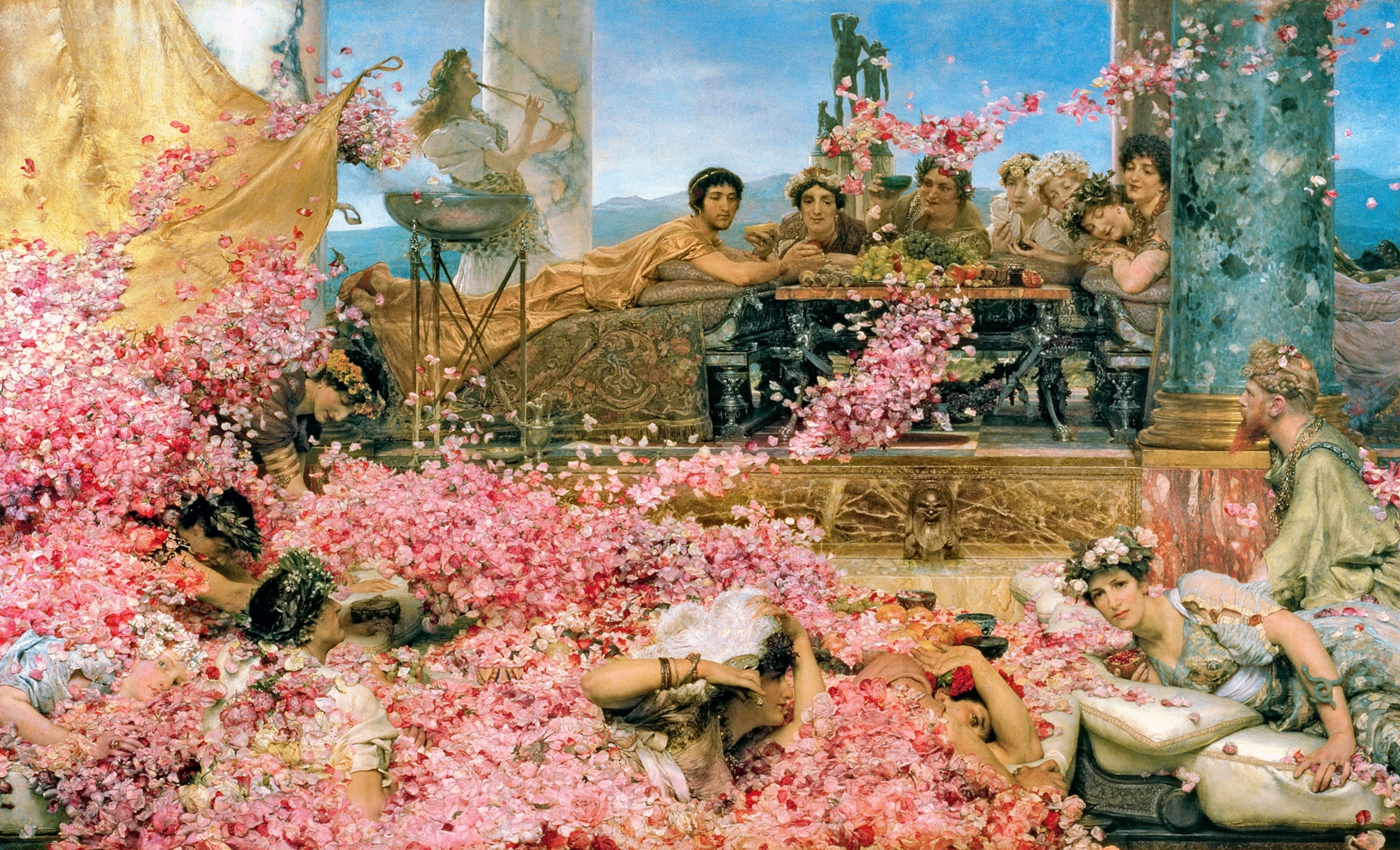
The man who became infamous as Elagabalus was born Varius Avitus Bassianus in Emesa, the city of Homs in Syria today. There he served as high priest of the sun god Elah-Gabal, a local form of the god Baal.
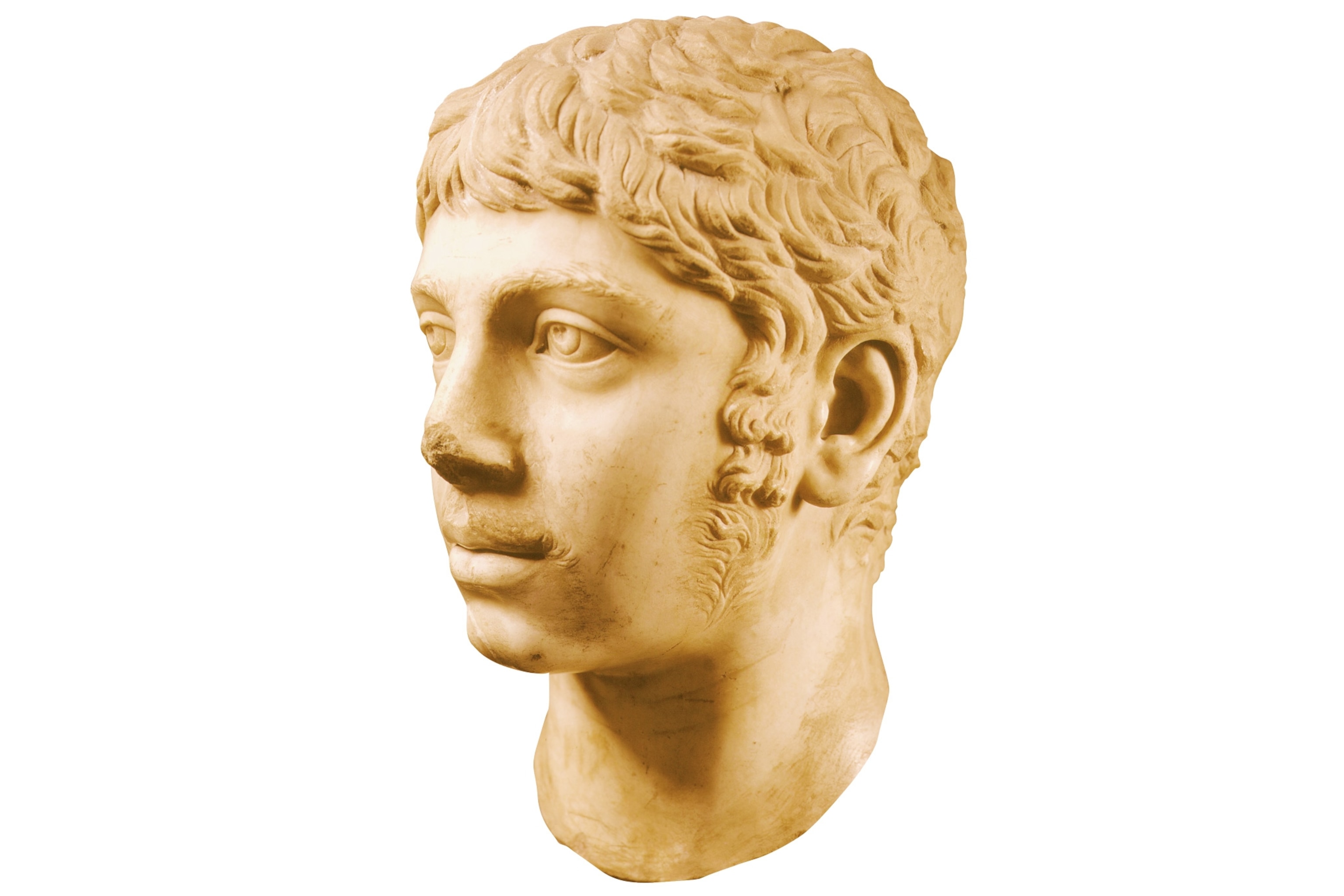
At age 14, Bassianus became emperor of Rome and assumed the name Marcus Aurelius Antoninus Augustus in A.D. 218. From that moment, his short, chaotic reign would scandalize Rome. Lurid sexual encounters, extravagant stunts and parties, and, in a dramatic break with Roman tradition, forced worship of Elah-Gabal in spectacular public rituals marked his four years on the throne. An emblem of Roman decadence, an aura of fascination clings to this teenage emperor who, because of his association with the cult of Elah-Gabal, came to be known as Elagabalus. (Read about Zenobia, the rebel queen of Syria who took on Rome.)
The accounts of his life spill into the fantastical. But while the stories about him are, without doubt, exaggerated, they have continued to inspire art, literature,and drama down to the present day. Much of the information on Elagabalus is drawn from a collection of biographies of emperors known as the Augustan History. The section on the teenage emperor was supposedly written by one Aelius Lampridius. Modern historians not only cast a great deal of doubt on his account, but also consider that Aelius is an assumed name. Whoever the writer really was, his tone was decidedly sensationalist: “The life of Elagabalus Antoninus, also called Varius, I should never have put in writing—hoping that it might not be known that he was emperor of the Romans.”
Path to power
What historians know with certainty is that, in spite of his birth in distant Syria, Elagabalus belonged to the highly influential Severan dynasty, which dominated Roman politics at the end of the second century and beginning of the third. Under the African emperor Septimius Severus and his wife, the Syrian Julia Domna, Rome enjoyed a long period of stability from 193 to 211. But this gave way to growing tensions during the reign of his successor Caracalla.
In 217 a soldier assassinated Caracalla, and a usurper, General Macrinus, took his place. Macrinus was a mere praetor, a judicial official, with little political experience. He turned out to be an incompetent general, too, leading his army to defeat against the Parthians, Rome’s great enemy in the Middle East. Macrinus’s popularity took another hit when he signed an ignominious peace treaty with Parthia, leading to more discontent among his eastern troops. But Macrinus’s biggest error was underestimating just how much Caracalla’s family wanted to return to power.
The woman behind the man
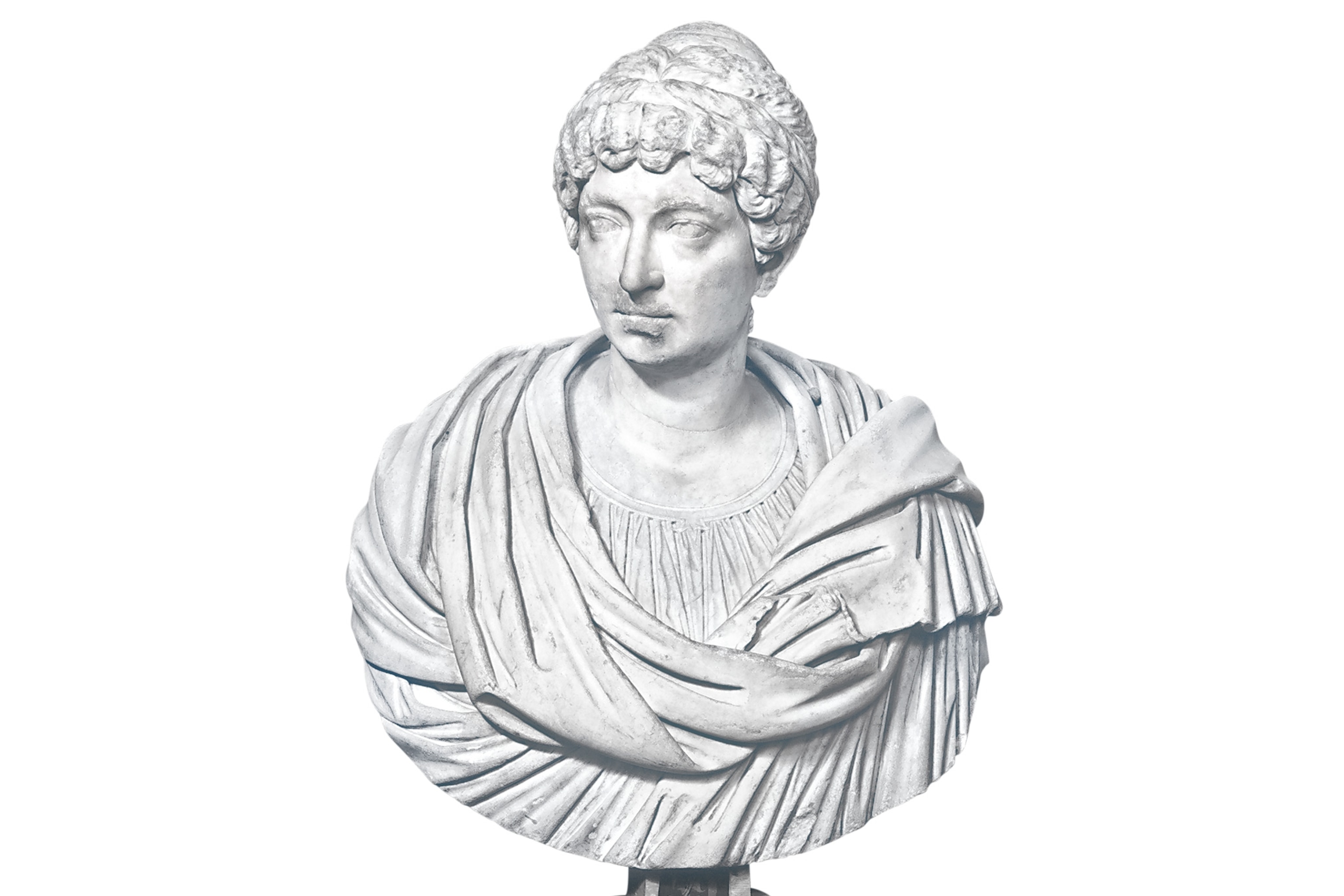
Julia Maesa, sister-in-law to Septimius Severus, had an unmatched talent for intrigue and political maneuvering. To put her family back on the throne, she conspired to have Macrinus overthrown. In his place, she suggested a new heir: her teenage grandson Bassianus. To strengthen his claim to the throne, Julia spread the rumor that he was Caracalla’s illegitimate son. Young Bassianus did bear a striking family resemblance to Caracalla, although he was, in fact, just a cousin. To further back her play, Julia bribed the Roman troops stationed in Syria to secure their support.
Around this time, Bassianus had inherited his family’s position as high priest and was worshipping the god Elah-Gabal in his home city in Syria. According to one account, he captured the attention of the Roman soldiers stationed there. Allegedly they would come to the temple to see him, both fascinated by and attracted to his good looks that he further enhanced by wearing costly jewelry and trinkets.
Backed by the military and false claims of parentage, Julia Maesa managed to get her way. Bassianus was presented to the centurion Publius Valerius Comazon and his troops. Fully convinced of his good Severan credentials, they proclaimed Bassianus the new emperor of Rome. The other eastern legions were quick to follow in recognizing him. A eunuch who served as Bassianus’s tutor, Gannys, would become a general, and would defeat Macrinus in Antioch, in modern-day Turkey, less than a month later. After the usurper’s capture and execution, Julia Maesa’s victory was secure.
Breaking with tradition
Despite the lure of imperial life in Rome, the new emperor made his own rules with no regard for Roman customs and culture. He refused to adopt the traditional gods of Rome and abandon his own. Instead, he stayed faithful to his cult of Elah-Gabal and brought a statue of the god with him on the nearly 2,000-mile journey from Syria to Rome.
Utterly unconcerned with doing what was politically appropriate or diplomatic, the new emperor, soon known as Elagabalus, built a temple to the Syrian deity on Palatine Hill. Despite being emperor, he continued in his role as high priest throughout his reign. Cows, sheep, and—according to the more sensational accounts—even humans, were sacrificed in honor of Elah-Gabal. Accounts say that the finest wines were mixed with sacrificial blood and poured out as offerings.
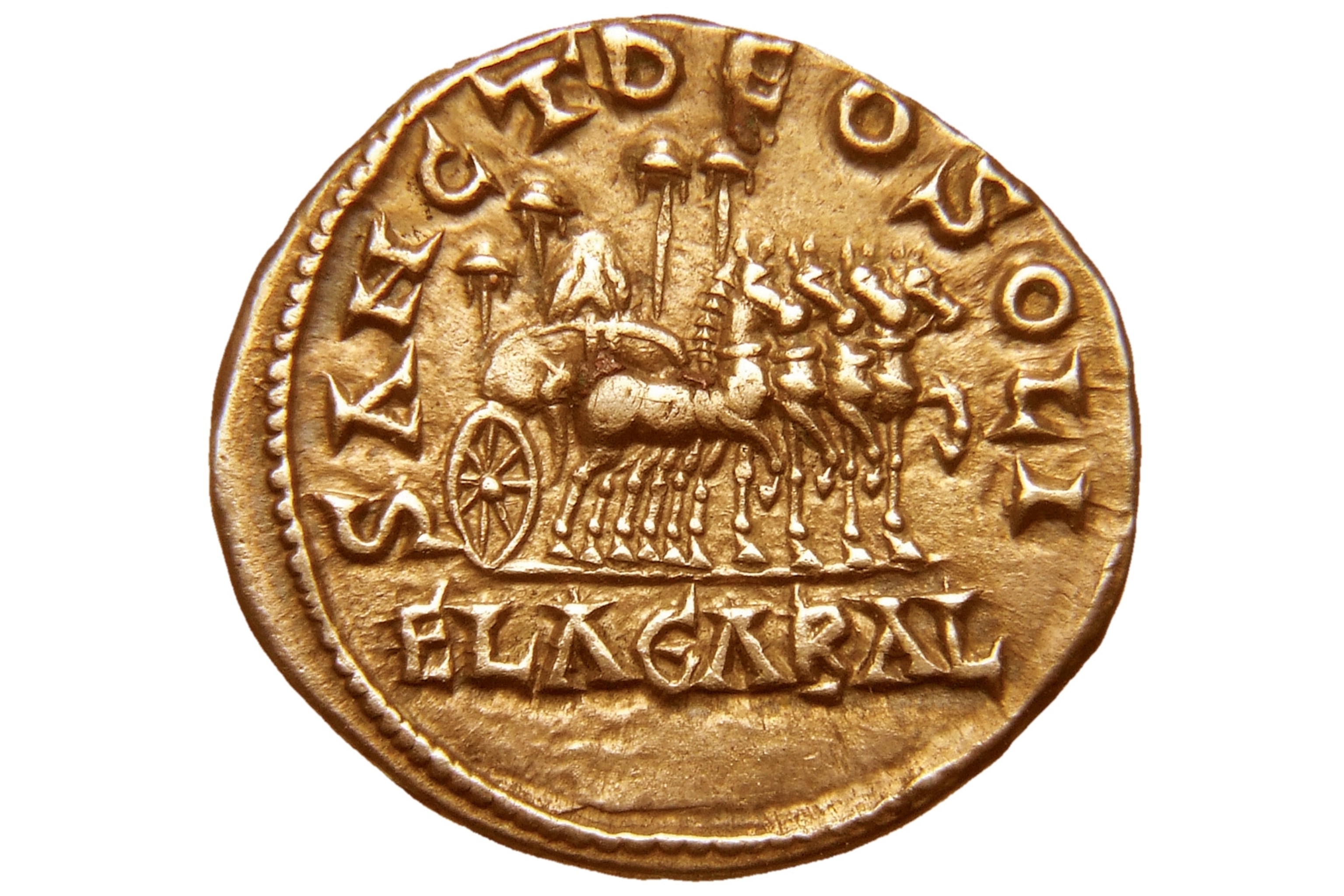
Elagabalus showed no respect to any religious cult other than his own. He even profaned the House of the Vestal Virgins in the Forum by taking one of the sacred virgins as his wife. “There is nothing more appropriate than the marriage of a priest to a priestess,” he told a stunned Senate. This act, probably more than any other, shocked Rome to the core. (Read about the power and influence of Rome's Vestal Virgins.)
The scandals and excesses of the emperor apparently knew no bounds. In one account he is said to have amazed the Roman people with his naumachiae, simulated naval battles held in the Circus Maximus, with ships floating on wine to evoke the “wine-dark sea” of Homer’s Odyssey. Just as impressive were the elaborate processions in which chariots pulled by elephants, tigers, and lions scaled the Vatican Hill, trampling any tomb that lay in their path. (Read about why Rome staged epic mock sea battles.)
At his banquets, and while presiding at games, the Augustan History relates, Elagabalus hugely enjoyed distributing presents or “chances” to the populace. One day it might be a fine piece of steak, another day a dead dog, or hundreds of gold coins, so that he could amuse himself watching the people scramble for them. The same source also relates how he might, on a whim, serve “food” made of wax, wood, stone, or marble. Once he is said to have rained down so many flower petals on his dinner guests that they almost suffocated. (Read about garum, the funky fish sauce of ancient Rome.)
History of hedonism
Above all, Elagabalus had a reputation for giving free rein to his sexual impulses and took many lovers of both sexes. “He never had intercourse with the same woman twice except with his wife,” the Augustan History relates, “and he opened brothels in his house for his friends, his clients, and his slaves.”
On one occasion he gathered all the city’s prostitutes in the Forum and appeared before them “in a woman’s costume and with protruding bosom.” He then proceeded to harangue the assembled crowd as if giving orders to ranks of soldiers. He instructed them in sexual practices and spurred them on, promising generous prizes if they complied with his bizarre demands.

The most coveted positions of state were held by the charioteers, athletes, and slaves whose job it was to satisfy Elagabalus’s carnal needs. The emperor had a particular fondness for Hierocles, a charioteer whom he called “husband.” Elagabalus kept many other lovers besides Hierocles, however, and would deliberately allow himself to be discovered with other favorites in the hope of being “punished” with a beating from Hierocles. (Read about chariot racing during the Roman Empire.)
Elagabalus opened up the imperial baths to the public so that he could enjoy watching the users bathe naked. He had his servants scour the streets and ports in search of men who seemed particularly virile. They came across Aurelius Zoticus, an athlete from Smyrna, who apparently fit the bill. Escorted by a large imperial guard, exceeding that provided even for visiting dignitaries, Zoticus arrived at the palace for his assignation with the emperor. But the charioteer Hierocles, fearing he was about to be usurped in Elagabalus’s affections, bribed the imperial cupbearers to administer a drug to Zoticus that robbed him of his legendary prowess. Elagabalus’s behavior outraged Rome, from the Praetorian Guard to the Senate to the common people.
Grandmother takes control
A Syrian oracle had once warned Elagabalus that he should expect a short life and violent death. Preferring the idea of killing himself to that of being assassinated, the emperor stockpiled silver daggers and poison. He even had a very tall tower built and decorated with gold and diamonds so that should the critical moment arrive he could throw himself to his death. Elagabalus, who would wear nothing but Chinese silk next to his skin, was adamant in his wish to die in style.
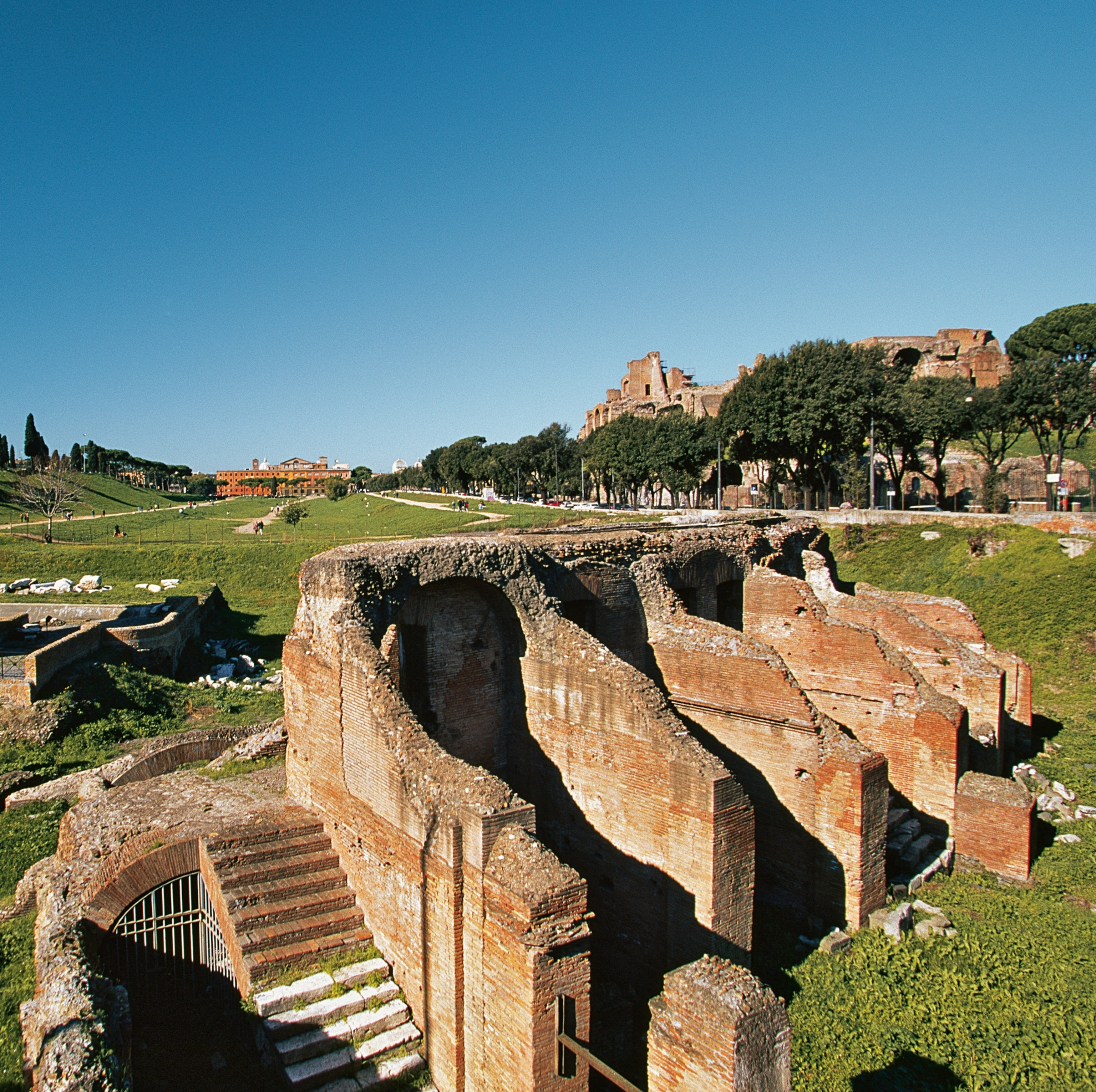
Despite such lavish preparations, his end was brutal and inglorious. Just as she had engineered the beginning of his career, Julia Maesa masterminded the end of Elagabalus’s controversial rule. She convinced him to adopt his 12-year-old cousin Alexander as successor, who rapidly became popular across Roman society. Alarmed, Elagabalus plotted to have him killed, but news of the assassination plot triggered a military revolution.
Siding with the young Alexander, Julia looked on as her 18-year-old grandson was stabbed to death by his soldiers. Elagabalus’s body was tossed into the Tiber where it was carried by the waters from the Cloaca Maxima sewer, passing into history as the stereotype of the decadent Roman emperor.